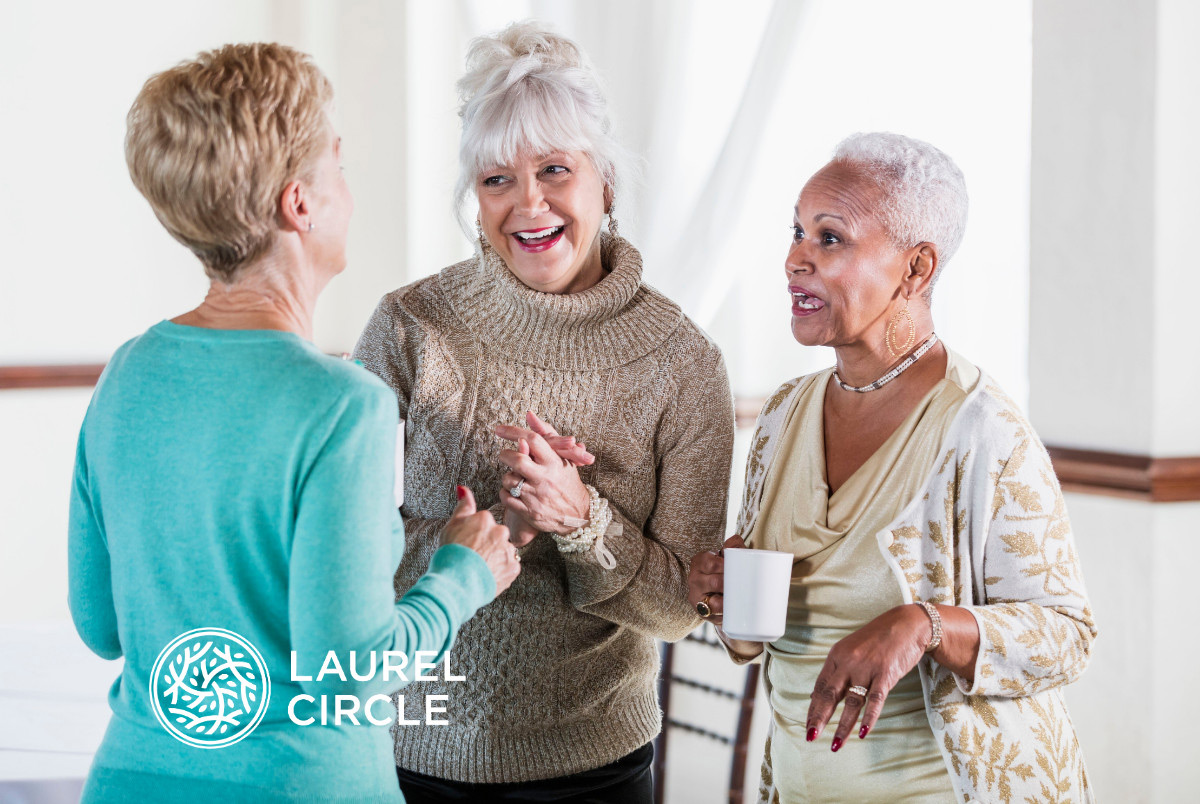What is lifelong learning, and how does it benefit seniors?

When it comes to healthy aging, an active mind is just as important as an active body. The very act of engaging in challenging mental activities and learning new skills is known to help slow the rate of age-related cognitive decline in older adults.
What is lifelong learning?
Even when we were school age, not all our learning came from a classroom. As children, we learned how to talk and ride a bike outside of school. As adults, we might learn to cook a new recipe or use a smartphone. These are examples of everyday lifelong learning.
People are now encouraged to actively continue learning throughout their lifetimes, whether in adult education and continuing education classrooms or through their own self-directed learning. For seniors, it’s especially important to continually make efforts to learn something new and stay mentally sharp as you age.
Benefits for seniors
Learning something new can help boost your memory. A study at the University of Texas at Dallas found that seniors who took on a new mentally challenging hobby saw a lasting increase in their memory skills. Even a simple activity, if new, provides enough of a challenge to be mentally stimulating and beneficial. The researchers believe that taking on a new challenging activity strengthens numerous networks within the brain.
Another study conducted at Case Western Reserve University in Cleveland found that engaging in a lifelong pursuit of mentally challenging activities may actually help prevent Alzheimer’s disease. The study found that seniors who frequently read, played games like chess, or engaged in other brain-stimulating activities are 2.5 times less likely to have Alzheimer’s.
Expanding your social circle
Cognitive fitness isn’t the only benefit. Because we often connect with others when we want to learn with, and from, them, it spurs social engagement. There are numerous benefits to all this socializing. There’s evidence, for example, that people with strong social connections tend to be happier and live longer. Seniors who make a habit of continued learning in retirement also experience a greater level of self-fulfillment.
Put on your thinking cap
So why not challenge yourself and try something new? There’s no end to the opportunities to further your knowledge and develop new skills throughout life. If you live in a town with a university or community college, call them or visit their website to find out what types of continuing education classes are offered; some colleges will even allow older adults to sit in on classes for no credit for little to no cost. If you don’t live near a school, there are also numerous online learning programs offered by colleges across the country.
If you’re looking to take up a new brain-stimulating hobby like quilting or painting, contact your local arts and crafts store to see if they offer classes. To learn how to play an instrument, contact a nearby high school to see if the band director can offer recommendations on teachers, or you can even do an internet search to find teachers in your area. Your local library is another great resource, providing not only a treasure trove of mentally stimulating books, but also offering programs and presentations for eager learners.
Lifelong learning at CCRCs
One of the many advantages of living in a senior living community, such as a continuing care retirement community (CCRC, or Life Plan Community), is the array of mentally stimulating activities and events offered to residents. At Laurel Circle, we emphasize providing a varied and interesting assortment of lifelong learning opportunities. From creative writing workshops and lectures to computer lessons and groups like drama, debate, and book clubs, we look to provide residents with numerous ways to keep their minds active.
If you’d like to know more about Laurel Circle and see our full calendar of lifelong learning opportunities, leave us a note on our contact page. We’ll be in touch soon.




